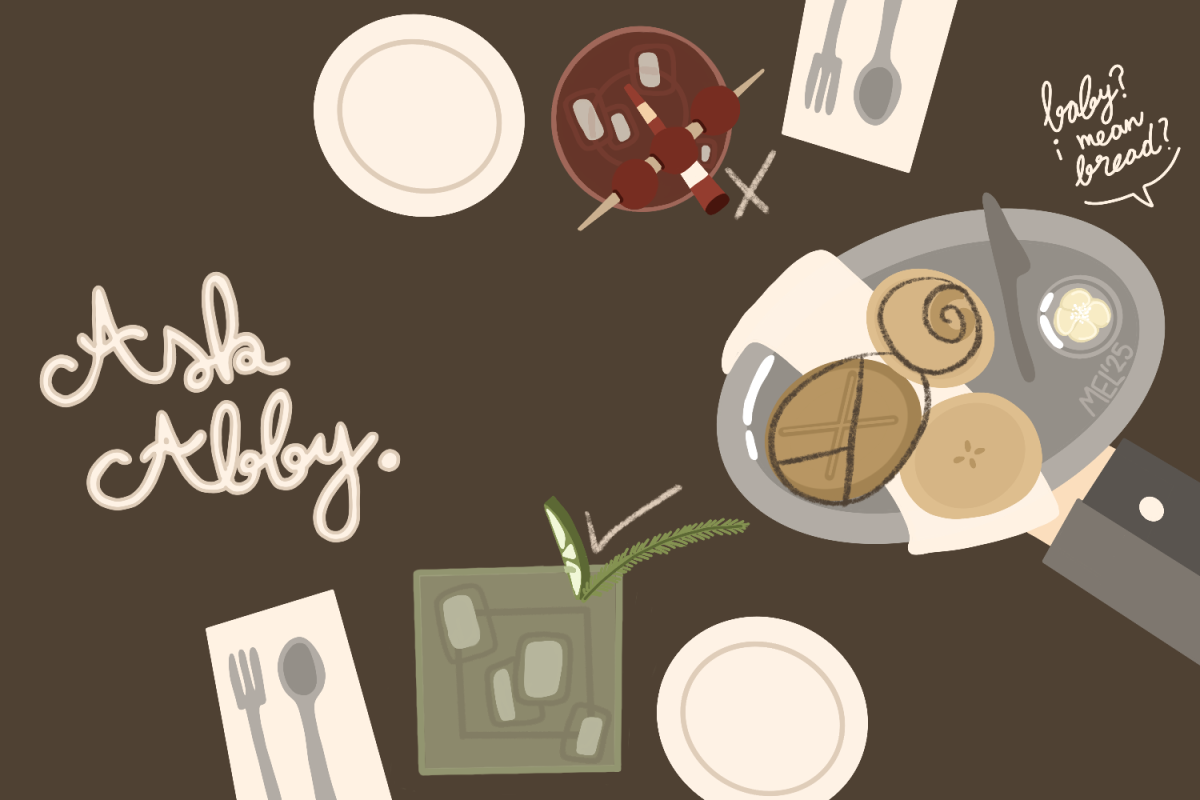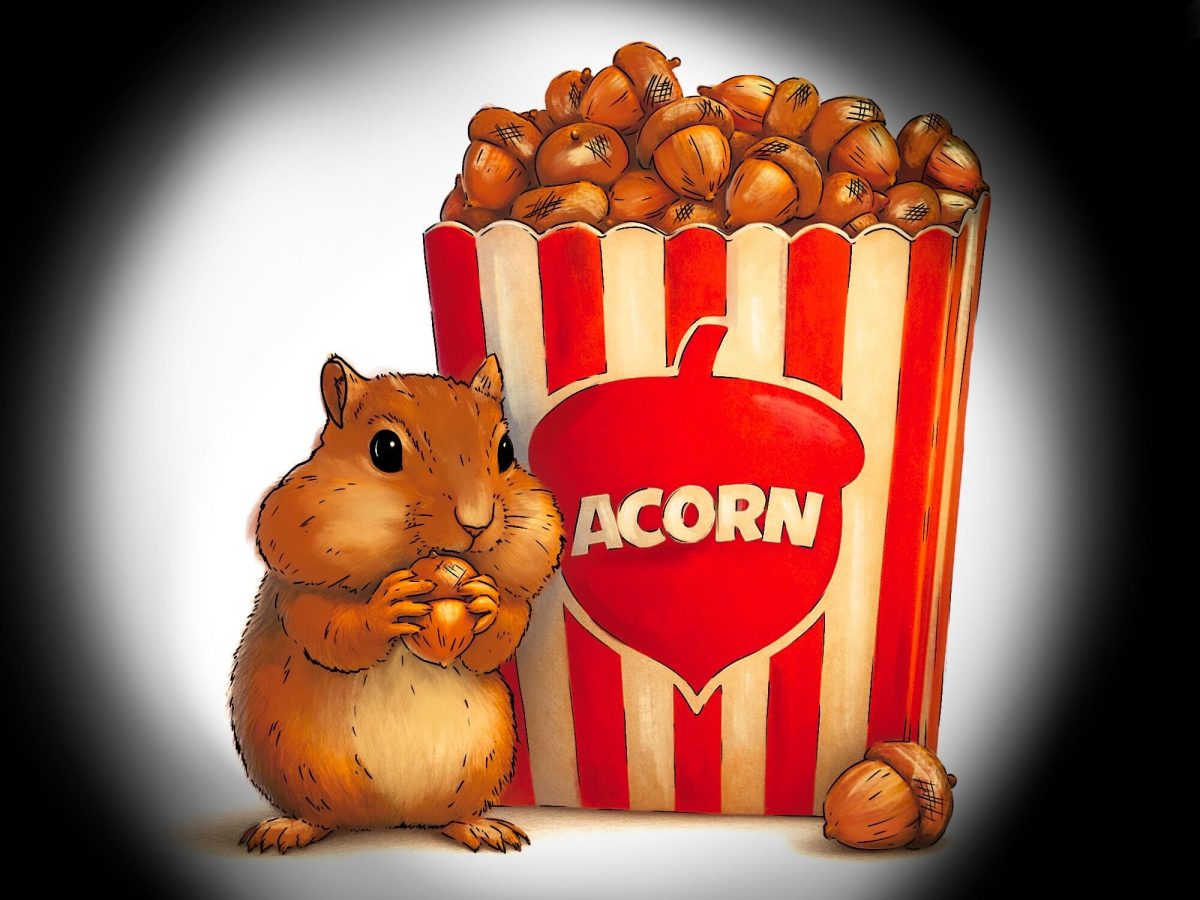Anyone who has met me generally notices the unorthodox set of different hobbies that I’ve collected over the years.

So far, I am a self-proclaimed gardener, interior designer and aquascaper. I’ve also been a librarian and part-time mechanic in my own right. Have I made money from them? No. Am I mostly subpar in all of these areas? Sure. But the impact they’ve had on my mental health and clarity has been astounding.
The pandemic was difficult for all of us, but more so for some than others. After nearly losing members of my family to the virus, I had developed a traumatic lens through which I viewed my surroundings. When choosing schools, I wanted to get as far away from home as possible, and I decided to settle in the small college town of Orono, Maine.
As a first-generation college student, I wasn’t exactly sure how to navigate the changes of life. The idea of classes, bills and adult life in general all hit me at once. I was thrown into the deep end with no way out and no life vest. The familiar undertaking of freshman year came back around — and I felt aimless and disillusioned.
In the last week of my first semester, my sister sent a picture of a betta fish that she had bought from a dismal supermarket in Everett. It was stuck in a plastic, three-inch container with a lime green plastic palm tree that served as the only stimulation for the fish. The water was cloudy and the fish was aimless — just like me.
I knew I had to save it, and maybe in the process, I’d save myself.
During spring break, I started learning about how to become a parent to a fish. I researched the things that fish need to survive. There was basic information about the size of the tank, the importance of the nitrogen cycle and the emphasis on habitually changing the water.
However, in these videos, I saw different scenes of elaborate environments that people were making for their pets — and I was simple and aimless.
I couldn’t be them right away, but that didn’t mean that I couldn’t become inspired. I loved seeing the underwater gardens others made for their pet fish, and I soon became obsessed. I too wanted to build a small ecosystem in my space — so when I returned to campus, I started my own little project.
My very own aquascape. Easy as that.
Getting into a “stupid” hobby doesn’t take a lot. Most of the time, it starts with a simple goal in mind. I simply wanted a creative outlet, so I got to work.
Sure, I wasn’t as happy as I thought I’d be living in Maine, and yes, I did dive deeper into my studies as a desperate attempt to find an outlet — but I forged my way out of it.
When the monotonous routine of my days became overwhelming, I’d pause for a moment to appreciate the little ecosystem growing before me.
Evidently, my stint at University of Maine didn’t last very long, but my love for nature stayed with me. Doing something so simple, yet so fulfilling carried me through the toughest of times.
When I left the school, I packed up my fish tank and brought this obsession home.
For a certain period of time, the plants would remain in that tank, and I would routinely tend to my underwater garden each week. On some of my most stressful days, it was very calming to commit myself to my hobby.
Flash forward, and it’s still a great comfort after a long day of classes. Having a low-stakes hobby has helped me navigate the environmental changes in my life, and has given me a momentary sense of enrichment — even if it was just a tiny step towards a large, productive end goal.
Unfortunately my beloved companion — affectionately known as “Dingus” because I never named them — died two years after I had started the hobby. Even though dearly departed Dingus left my tank and heart empty, I never dismantled the aquarium I created.
“Stupid” hobbies let you take a break for a moment and appreciate a simple, fulfilling act. Keeping it or facing judgment can be frustrating at times, but these hardships make you appreciate your achievements more.
I enjoy having a “stupid” hobby to occupy my time. It can be nerve-wracking to start something new and know that you’ll have to commit to it, but there’s a delicate balance in the struggle of committing to something great.
So, the next time somebody calls your hobby “stupid,” call them a Dingus in my fish’s honor and return to whatever it was that you were doing.
If it’s important to you, that’s all that matters.











































































































